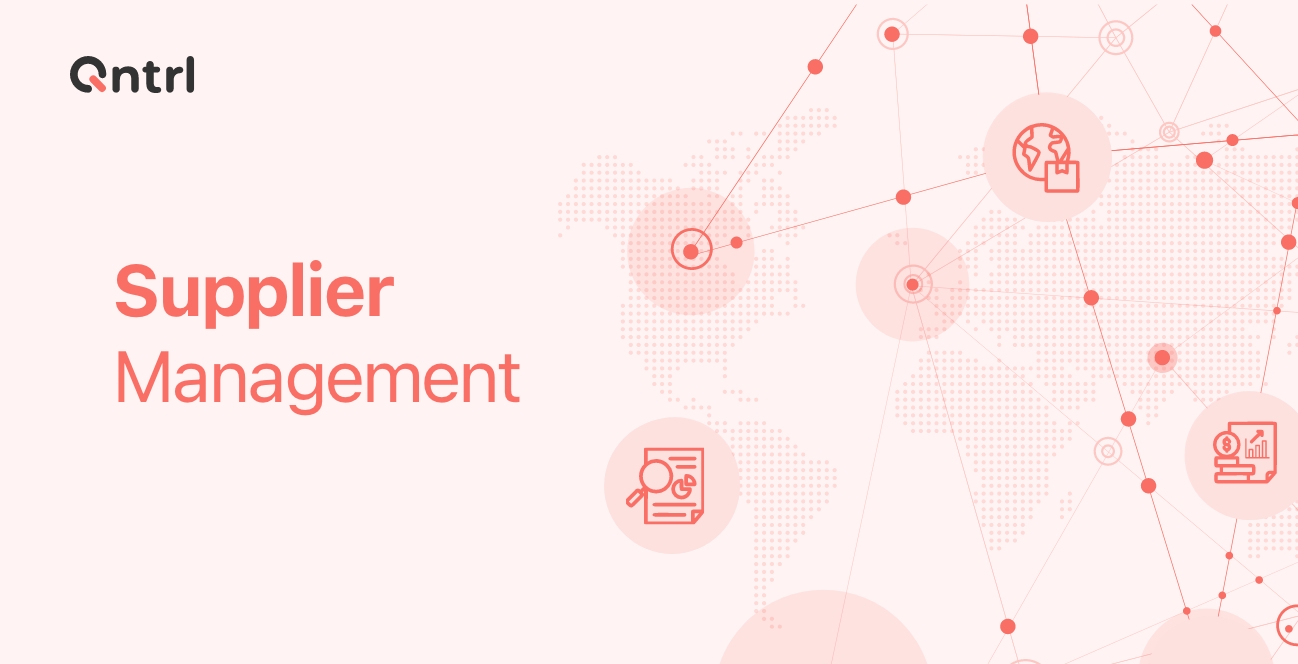Having a well-defined procurement process can help you gain a host of benefits. Unfortunately, many businesses today fail to understand the crucial role it plays in increasing process efficiency and improving the company's bottom line. It's high time we realized that procurement is no longer a reactive function but a strategic partner that aims to bring value adds to the organization, as a whole.
Here are a few of the many advantages of having an effective procurement process:
1. Reduced operational costs
A well-planned procurement process reduces costs by strategically sourcing goods and services at their best price from vendors who add value to the business. It keeps all the transactions in a central database and provides visibility into the company's budget and spending patterns, as well as letting you structure your spend across vendors.
Spend analysis consistently helps find and implement cost reduction opportunities. With an effective procurement process, you'll be well-equipped for contract compliance, risk management, and vendor tracking activities—resulting in an increase in productivity and, ultimately, more savings.
2. Fortified supply chain resiliency
"Expect the unexpected" is a saying we've all come across before. Similarly, in any procurement process, uncertain situations (negative) are bound to occur from time to time, and often at a moment's notice. It can be a limited supply of stocks, economic breakdowns, labor fluctuations, or even natural disasters. Having an effective procurement process will ensure you have a plan to address such unforeseen situations. It shifts the strategic thinking from "just in time" (JIT) to "just in case"(JIC).
3. Mitigate risk
With respect to managing multiple work items in procurement, there's always an element of risk associated with it. These risks can be because of inadequate need analysis—not knowing what and when to buy, poor supply chain management, data inaccuracy, or poor contract management. A robust procurement process adapts a sustainable method to identify, assess, and overcome such risks. It has, in hand, a plan to foresee such potential contingencies and frameworks to address them. As a result, with an effective procurement process, the probability and severity of such risks can be mitigated.
4. Increased transparency
One cannot argue about the crucial role that transparency plays in business—especially in procurement—because the root cause of all the problems in procurement boils down to a lack of information and the company's struggle for internal tracking. The process involves a lot of steps, stakeholders, and relationships to be managed. An optimized procurement process has transparency in place and gives clear insights into the status of every request—who's assigned what, pending approvals, activities in line, and much more.
Additionally, when there's a centralized platform to handle the process, information is instantly available to all stakeholders, interactions become easier, and the overall accuracy of the procurement process improves, thus making it easy for the business to scale.
5. Innovation
In this day and age, there's no scope for monopoly. Businesses are continuously tested by their competitors in terms of pricing, and the quality of their goods or services. When there's an ineffective procurement process, companies focus only on short-term goals and lose out on long-term ones.
A progressive procurement process will help companies hunt for innovative products and services. When such products/services are sourced, it gives the company a competitive advantage and helps win new customers.
A well-planned procurement process can bring great value to an organization. While planning is just one aspect to it, it's equally important to provide your team with the right procurement automation software, as it optimizes the process overall.
Qntrl is workflow orchestration software that caters to your procurement management needs with the help of automation. Sign up now for a free trial!








